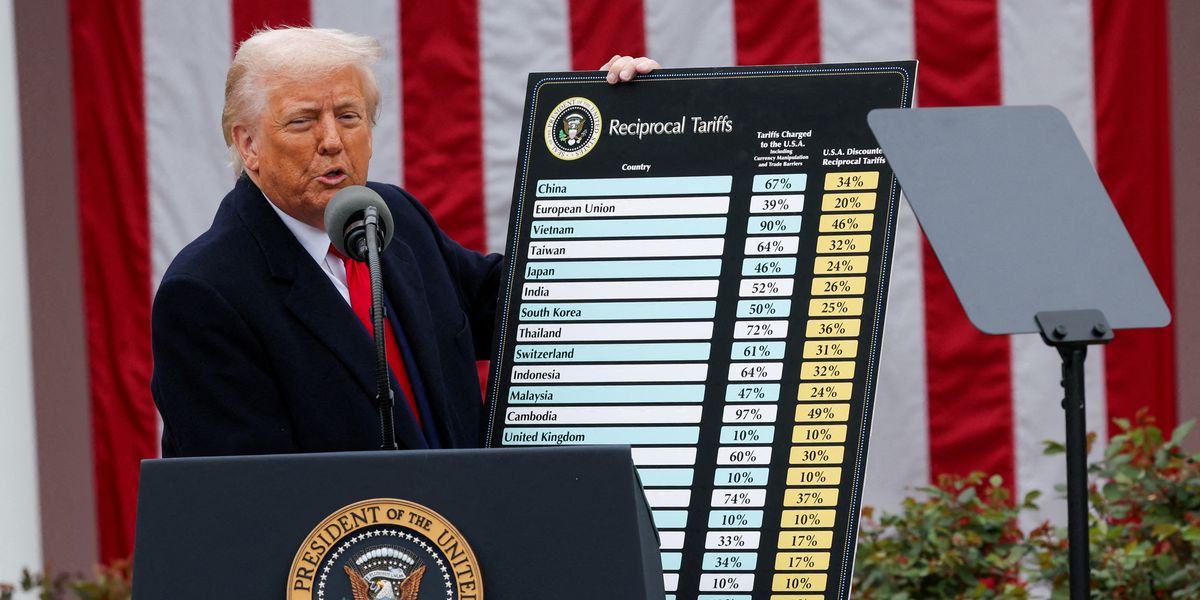Pradeep Kumar, 24, a postgraduate from Kanpur has been struggling with gambling addiction for two years. It has led to him frequently taking loans from multiple sources to feed his habit.
"On one occasion, he lost over 125,000 Indian rupees (€1,350) in a cricketing app that nearly destroyed him. We take him for counseling, but he keeps falling back into his addictive behavior. These apps promise easy money," Ranjani, his mother told DW.
His story is not uncommon. There are many stories of individuals, especially young people, losing significant sums which put severe financial strain on families.
In the southern state of Telangana, betting apps have also gained rapid traction. A family of three in Nizamabad took their lives last year after being unable to repay a loan of 3 million rupees (€32,400) racked up by their son through online gambling.
A growing industry
India has over 140 million users regularly taking part in online gambling and betting. These numbers surge to 370 million users during major events like the IPL.
Alongside the boom in online betting apps, fantasy gaming has emerged as a significant segment of the online gaming industry. This segment has over 180 million users and more than 300 platforms, according to think tank Think Change Forum's 2023 report. Cricket accounts for 85% of the revenue, followed by football at over 6%.
Fantasy apps like Dream11, My11Circle, and MPL tap into this enthusiasm by letting users create virtual teams of real players and earn points based on their actual performances.
Think Change Forum points out that factors such as digital infrastructure growth and smartphone usage have fueled the market. The promotion of betting apps by celebrities and social media influencers is another significant factor in their popularity.
"Apps such as these can take over one's identity as one may be preoccupied with betting all the time. It will affect one's financial situation and impact relationships too. If someone is using betting apps repetitively and this pervades their day-to-day functioning, it is time to seek help," Achal Bhagat, a psychiatrist from New Delhi, told DW.
Street Debate: The pros and cons of online betting
Hooked on dopamine hits
Anjali Nagpal, a neuropsychiatrist, who has studied the issue closely, said 'gambling disorder' is silently becoming an epidemic in India and is being normalized.
"When favorite celebrities openly promote them across social media, youngsters start to feel less like a risky activity and more like a trendy thing to do. It creates a false sense of security and on seeing their heroes endorsing it, their thought is: how bad can it be?" Nagpal told DW.
In her reckoning, the cycle starts small after a few wins that trigger a dopamine rush, making players feel accomplished.
"But as they chase bigger rewards, they get pulled in deeper, often without realizing it. Even after losing, the memory of those early victories keeps them hooked, fueling an endless cycle," said Nagpal.
"The consequences include heavy financial losses, debt, family pressure, and constant disappointment which take a severe toll on mental health. It should be dealt strictly and promptly with stronger laws," added Nagpal.
Chemistry of happiness
Is there enough legislation?
The Indian government has taken steps to curb illegal betting apps. With the lucrative Indian Premier League (IPL) cricket tournament currently underway, the Directorate General of GST Intelligence (DGGI) has intensified its scrutiny of offshore online gaming entities that offer betting.
It is also focusing efforts on companies involved in money laundering, operating without licenses, or posing security risks. About 700 offshore entities involved in online money gaming, betting, or gambling are on the department's radar. But it is finding it difficult to rein them in.
"Many illegal betting apps are hosted on servers outside India, often in jurisdictions like Curacao, Malta, or Cyprus, where gambling is legal or loosely regulated. The sheer number of illegal apps is overwhelming," a senior official told DW, on condition of anonymity.
The illegal sports betting market receives an estimated inflow of $100 billion annually from India, according to Think Change Forum.
In some cases, it was found that some betting apps disguise themselves as fantasy platforms to evade legislation.
Fantasy gaming is legally classified as a "game of skill," where outcomes depend on players' knowledge and strategy in forming teams. Conversely, betting is considered a "game of chance," relying on an uncertain event.
"Esports and real money gaming often get lumped together, but they are worlds apart. Esports is about skill, strategy, and competition — where players put in hours of practice and the outcome depends entirely on their performance. At its core, it is about entertainment, community, and mastery," Rushindra Sinha, co-founder of Global Esports, told DW.
Sinha said he was concerned about how some of these platforms are using the popularity and credibility of video games to market themselves.
"If they were more accurately labelled, I think the kind of oversight and regulation they would face would be very different," added Sinha, pointing out that a lot of game studios build casino-like features into their games to target young children, which is equally harmful.
"There is a fine line between betting and these kinds of apps, especially when they are targeting younger audiences who may not fully understand the risks. Clearer definitions and better safeguards are important — not to restrict innovation, but to protect users and make sure we are being honest about what these platforms really are," said Sinha.
Edited by Kate Martyr

 By Deutsche Welle (World News) | Created at 2025-03-27 14:10:58 | Updated at 2025-04-03 07:17:18
6 days ago
By Deutsche Welle (World News) | Created at 2025-03-27 14:10:58 | Updated at 2025-04-03 07:17:18
6 days ago








